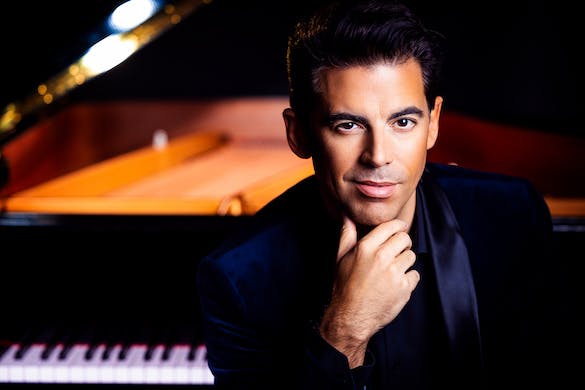
A Tale of Two Harvards
By THE NEW YORK SUN
|The singer-pianist proves that while hard-driving intensity can be very compelling, a more relaxed, laid back kind of a sound can also make for a highly entertaining evening.

Already have a subscription? Sign in to continue reading
$0.01/day for 60 days
Cancel anytime
By continuing you agree to our Privacy Policy and Terms of Service.

By THE NEW YORK SUN
|
By BENNY AVNI
|
By GEORGE WILLIS
|
By THE NEW YORK SUN
|
By LUKE FUNK
|
By JOSEPH CURL
|
By NOVI ZHUKOVSKY
|
By A.R. HOFFMAN
|